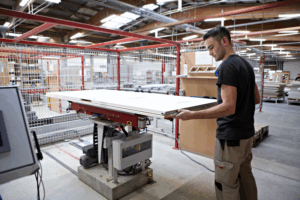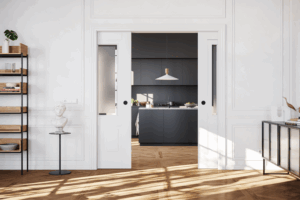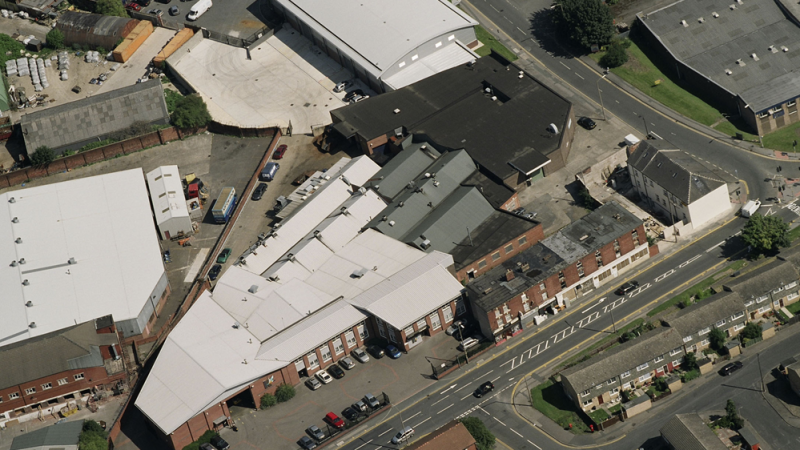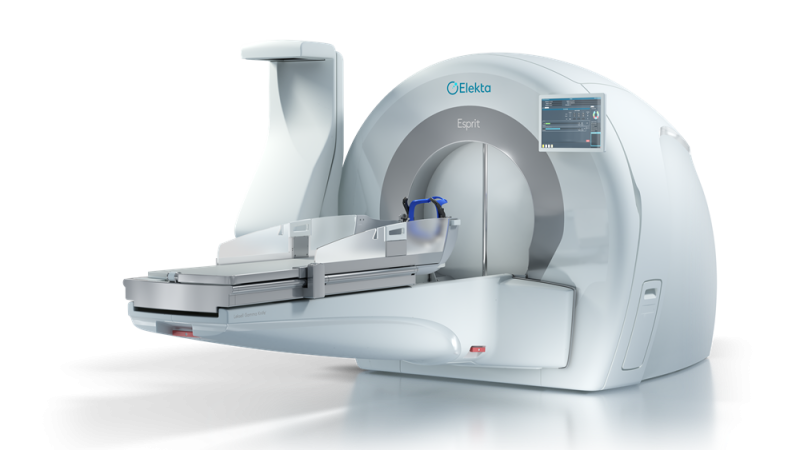For over 150 years, Arbonia provided a huge selection of products for the home, from kitchens & refrigeration, space heaters, showers to steel pipe technology. While the strategy had brought much joy throughout the company’s history, in 2015, Claudius Moor was bold enough to suggest a change.
“When I joined as Head of Strategy, I suggested streamlining our offering,” Claudius, now CEO of Arbonia, begins. “There were two factors behind this move. Firstly, though we could provide a lot of products, we would never be able to supply all the products needed for a family home. And secondly, in every single product category, we were being forced to compete with product specialists.”
From Claudius’ point of view, the most successful building component suppliers have always been masters of one product. Arbonia was good with a wide range of items, but to optimise its future, the company needed to specialise.
Bold Specialisation
Over the course of the next few years, Arbonia narrowed down its offering. The process included major sales of its popular windows and climate divisions, until only one product category remained – doors.
“Arbonia has always been strong on doors, but it’s also quite a good business for European companies because there is no global competition,” Claudius explains. “Doors are rather big and relatively cheap, but they are costly to ship, so the logistics do not make sense for global companies.”
Similarly, the bespoke nature of most doors means they are hard to mass produce. Arbonia manufactured over 200,000 different doors only once in 2024 due to historical variances in properties across Europe.

“In the past, carpenters tailor-made doors without worry for standardisation. We now need to make those doors to exactly the same size,” Claudius reveals. “This is before considering regulations for smoke and fire protection, which differ between countries and further discourage competition from the likes of China or India.”
In 2025, Arbonia is the number one supplier of doors in Continental Europe. In order to serve such a wide customer base, the company must be ready to take on any challenge.
“We manufacture doors of all materials, including wood, steel, and glass,” Claudius notes. “Some of our clients, like hotel chains, use the same doors all across Europe, so we have to be prepared to consistently supply projects in Scandinavia, Czech Republic, France and more.”
Safety is, understandably, of the highest priority for Arbonia, especially as the company supplies doors to such a wide range of residential areas and high-risk settings. The company’s substantial expertise means that those in the construction industry regularly call on the firm to help with door planning for hospitals and other specialist sites.
“Door planning is becoming a more important service,” Claudius confirms, “but so is door maintenance. A lot of our doors in the project business now get sold with maintenance contracts, for which we will ensure the functionality of the door over a long period.”
Forward-Thinking Approach
No stranger to optimising its doors with various features and added services, Arbonia looks to embrace the latest technology and serve modern needs. For instance, the company can now offer doors with Kiwi access management technology, allowing doors to be opened remotely from a mobile phone.
Arbonia’s forward-thinking approach is reflected in its emphasis on sustainability. In recent years, the company has worked tirelessly to reduce its carbon footprint through both its processes and the materials it uses.
“On the production side of things, we have invested in two combined heat and power plants at our largest sites,” Claudius states. “Each of them cost more than €20 million and runs on the small wooden waste pieces that are created during door manufacture. This helps us generate more than 100% of our energy need for heating and roughly 60% of our electricity.
“In terms of materials,” Claudius adds, “we have just started using linoleum as a laminate because it stores more CO2 than is used in its production, making it a carbon negative material. We also recycle a lot of materials for use in our products. For example, the inner layer of a sizeable number of our doors contains shredded car seats rather than chipboard.”
A Very Modern Company
As supplier to an industry that is changing at speed, Arbonia finds strength in its ability to innovate. The rise of modular construction, for instance, means the company regularly receives new and differing demands. It is, in these situations, that Arbonia’s modern production capabilities are called into action.
“Our factories have a high level of automation,” Claudius points out. “Our work would not be possible without very flexible production and machinery.

“At the same time, high-tech digital end-to-end processes help us handle huge variances. The entire industry is finding it challenging to convince people to work in construction, so you need to be a very modern company in terms of machinery and technology.”
Technology partnerships with firms like Data Migration International have also proved fruitful for Arbonia. CIO Patrick Langenegger explains more: “With JiVS IMP Tool from Data Migration International, we were able to quickly and easily reduce data volume by more than 50% before our data migration. With less data, the overall effort has been significantly reduced for the business.”
Of course, Arbonia cannot run on machinery alone, though many of its workers are now also software developers and applications engineers, rather than traditional machinery operators. Much of the company’s recruitment is now geared towards the next generation of workers, with apprenticeships a popular option.
“We do a lot of employer branding with a view to hiring young people in their last year of school,” Claudius reports. “We offer free cinema tickets to students for showings that feature our apprenticeship advertisements, and we try to reach young people on social media too.”
At present, Arbonia has more than fifty apprentices in its German factories, many of whom will go on to regular work engagements with the company. The young workforce will be the backbone of the firm’s ambitious future plans – a bright vision that will only benefit from Arbonia’s specialisation.
“Our mission is to become number one in the whole of Europe, both organically by gaining market share, but also by acquiring companies that can expand our geographical coverage and add to our product portfolio,” Claudius says in summary.
“Overall, we are very well positioned for the years to come. We have invested heavily in the business – across machinery and digitalisation – which will help our execution going forward. The future is going to be a lot of fun.”






